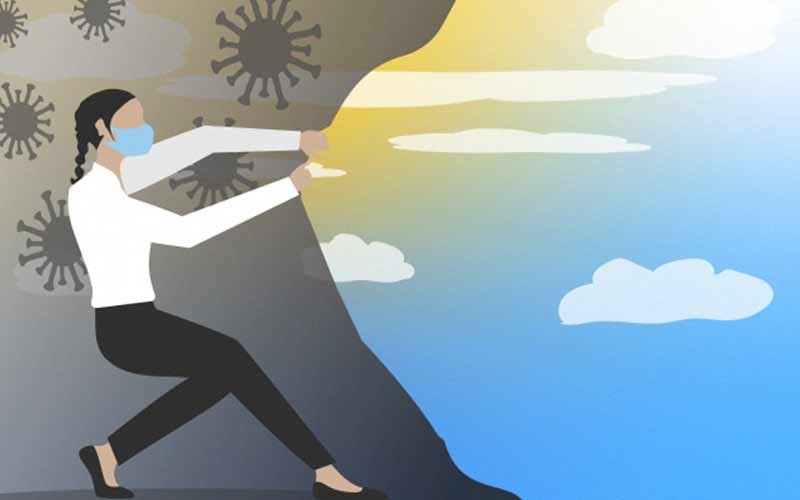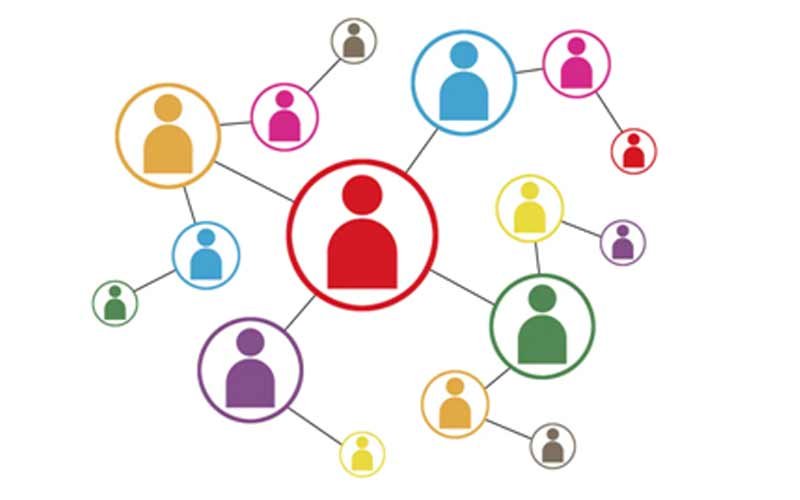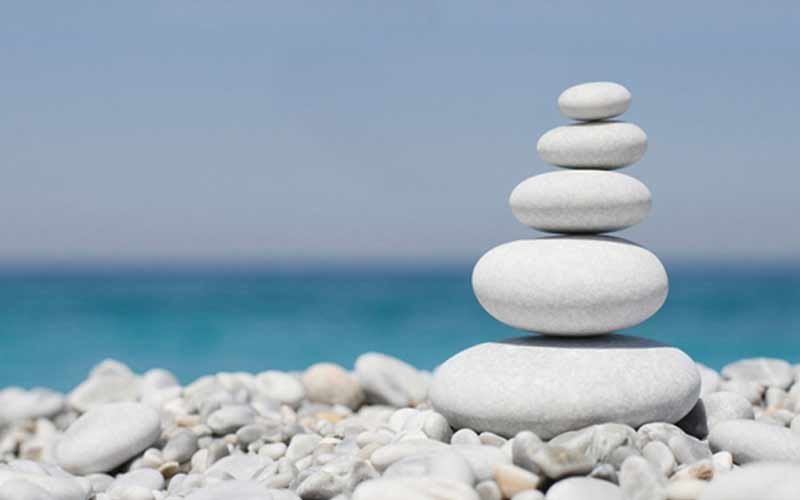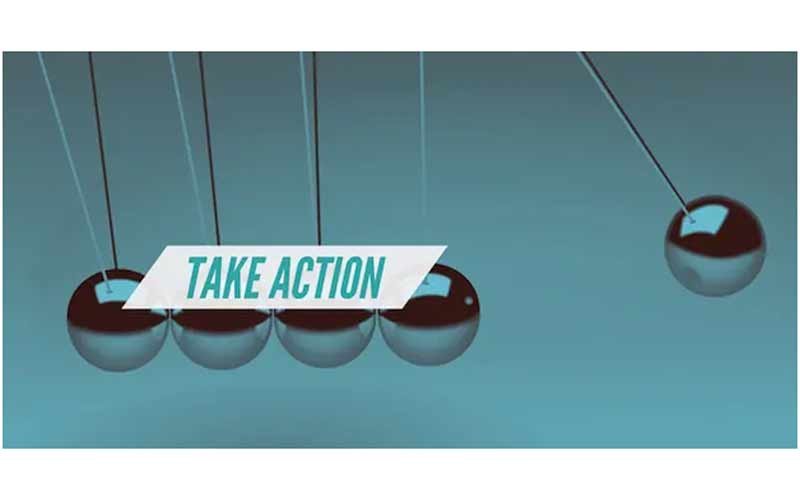
19 Jun 6 Easy ways to de-stress in a post-covid world
By the time the news of coronavirus had initially rolled around, no one could have estimated the severe level to which it would go on to affect our lives. Within the span of a few weeks, it went on from being this abstract thing located far away in China, to the reason why we had to shut down everything within the nation and stay inside for the first lockdown. In some areas of the country, fear manifested itself in the form of erratic rituals and remedies adopted by households to protect themselves against something that we didn’t have any protection for, if only to somehow feel in charge of the situation. And once we did get used to the whole routine of online work and classes, with virtual meet ups, face masks and sanitizers, where do we go from here? With the initial distribution of the vaccine around the nation to a majority the of the population, we have come a step closer to turning things around. But around to where? Will the virus be eradicated as a whole, or will we simply come to terms with the extended period it takes for us to immune ourselves over it with the vaccine, while the world starts running back up again? More than being research topics for scientists and politicians, they are the real-life concern of the everyday man.

Sure, in the last year we all have heard the possibility of things changing again and again for a while before they stabilize, and they have, but it was always in the context of work. We now see people meeting up again, visiting each other’s houses and going out for grabbing a bite to eat. So, while this is a dream come true after a year of distance, it is vital to acknowledge and understand the emotional and mental stress it can carry and bring out. The way to navigate through this can be broken down into 6 easy steps:
1. Understanding the reasons behind stress

When we are physically distant from any situation for a prolonged time, it causes our brain to decentralize that activity to make space for newer situations that take its place. This is the reason how we slowly got used to and later became comfortable with the routine of spending hours in front of our screens, either working or holding conversations. Hence, when we re-enter the situation, like being surrounded by friends or strangers in a social place, it can lead to some disorientation.
2. Normalizing our reaction to stress
Feeling overwhelmed in such a scene would be completely understandable, in fact, some people might even find themselves repulsing the thought of going out ever, due to extreme emotional reactions. But that is simply the natural part of a more complex process of getting re-habituated and at the same time it gets tricky, since the pandemic hasn’t ended completely, it’s very easy to use it as an excuse to replace social situations with unhealthy coping tools, like binge-watching content, indulging in binge-eating or drinking to pass the time while making excuses for avoiding a challenging situation.
3. Taking action
While it is crucial to introspect and label these instances, we also need to replace them with healthier alternatives, like starting to go to the park alone, or having coffee by yourself at a familiar restaurant alone.
4. Increasing the level of interaction

Once we begin to feel more confident and comfortable, we can move on to meet people within our closest circle first, to set our own weekly goals for interactions that ensure we don’t make anyone one feel ignored or left out.
5. Realizing the motivation for distressing

One crucial part of this step is to realize that all the effort put in here manifests not only in just internal growth, but also strengthens the external bond. While the internet has certainly been a bridge to bring us and our friends together, it can only act as a mere means. The act of re-integration can become very taxing on our online social life as well, as it becomes more and more tempting to simply not answer those call, and to ignore texts. In such situations, it’s key to remember that these bonds and our own growth are the center motivation for our attempt to de-stress.
6. Finding balance

Lastly, like any other process in the world, finding the balance is the key. There will be bad days and bad weeks, wherein one feels like internalizing, just like one did even before the pandemic. This time spent alone is also necessary for our own personal rejuvenation. A good practices include meditating, reading, painting or basically any other hobby that requires one to be reflective, while also being constructive.
In the end, we need to realize that everything stated so far is meaningless if we can’t find a way to make it our own and work the guidelines and suggestions into a way in which we truly feel comfortable with it. For some people, this transition might be almost non-existent, mainly due to a more social personality, while others might find themselves with a long transition period, one with a lot of back-and-forth between being social and completely isolated. In these times it helps to remember all of us are unique individuals, with different names and identities, hence it only makes sense for our ways to de-stress be also unique.




No Comments